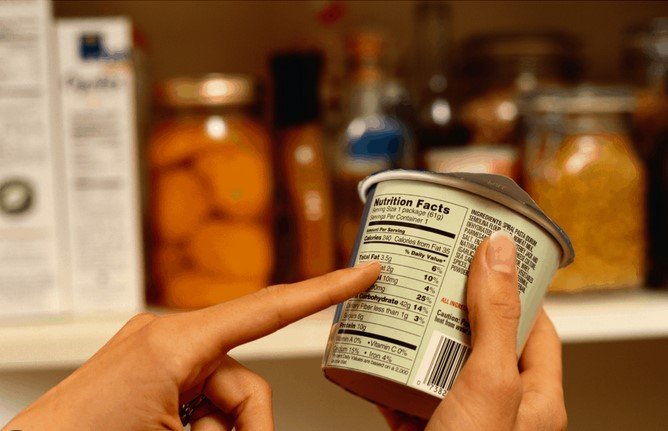Nutrition is often surrounded by a cloud of misinformation and confusion. With countless diets, supplements, and food trends circulating, it can be challenging to distinguish fact from fiction. While some myths about nutrition may sound convincing, they can mislead you and impact your health decisions. In this article, we’ll debunk some of the most common nutrition myths, helping you separate the truth from the myths for a healthier, more informed lifestyle.

Myth: Carbs Make You Gain Weight
Carbohydrates have often been blamed for weight gain, particularly with the rise of low-carb and keto diets. The idea that carbs automatically lead to weight gain is one of the most persistent nutrition myths. However, carbohydrates are an essential macronutrient that provides energy, especially for your brain and muscles during physical activity. The issue isn’t with carbs themselves but with the types of carbs consumed and the overall balance of your diet.
The Truth:
- Carbohydrates, particularly whole grains, fruits, and vegetables, provide essential nutrients and fiber.
- It’s not carbs that lead to weight gain but overeating any macronutrient (carbs, fats, or proteins) and consuming more calories than the body needs.
- Refined carbs (like white bread and sugary snacks) can contribute to weight gain if consumed in excess, but complex carbs are a healthy part of a balanced diet.
What You Can Do:
- Focus on whole, unprocessed sources of carbs like quinoa, brown rice, oats, and fruits.
- Pair carbs with protein and healthy fats to help control hunger and maintain energy.
Myth: High-Protein Diets Are Bad for Your Kidneys
High-protein diets, such as those popular among athletes and bodybuilders, have sparked concerns regarding kidney health. It’s been claimed that too much protein can cause kidney damage, especially in people with pre-existing kidney conditions. While it’s true that excessive protein intake can put strain on kidneys in individuals with kidney disease, there’s no conclusive evidence that a high-protein diet harms healthy kidneys.
The Truth:
- For healthy individuals, high-protein diets (within reason) are generally safe and can aid in muscle growth, weight management, and overall health.
- Protein intake should be tailored to individual needs, particularly if there are underlying health concerns.
- Those with pre-existing kidney conditions should consult with a healthcare provider before increasing protein intake.
What You Can Do:
- Aim for a balanced diet that includes the right amount of protein based on your lifestyle, whether you’re an athlete or just aiming for overall health.
Myth: Eating Late at Night Causes Weight Gain
Many people believe that eating late at night leads to weight gain because the body doesn’t burn calories while sleeping. This myth has led to the widespread practice of avoiding food after a certain hour. However, the time you eat doesn’t have a significant impact on weight gain—what matters more is your overall calorie intake and the quality of the foods you consume throughout the day.
The Truth:
- The body burns calories 24/7, not just during the day, and the total amount of calories consumed is what determines weight gain, not the timing.
- Late-night eating can lead to weight gain if it results in excessive calorie intake or poor food choices (like processed snacks).
- Eating late may disrupt sleep, which in turn can affect hunger hormones and cravings the next day.
What You Can Do:
- Focus on portion control and nutrient-dense foods rather than worrying about eating at a specific time.
- If you’re hungry late at night, choose healthy snacks like yogurt, nuts, or fruit instead of processed foods.d.
Conclusion
Nutrition can be confusing, especially with so many myths and trends circulating. The key to making informed, healthy decisions lies in focusing on balanced, whole foods, and understanding how different foods impact your body. By debunking these common nutrition myths, you can make smarter choices that promote long-term health and well-being. Always remember that individual nutrition needs can vary, so it’s important to find a diet that works best for you and consult with a healthcare provider when necessary.











